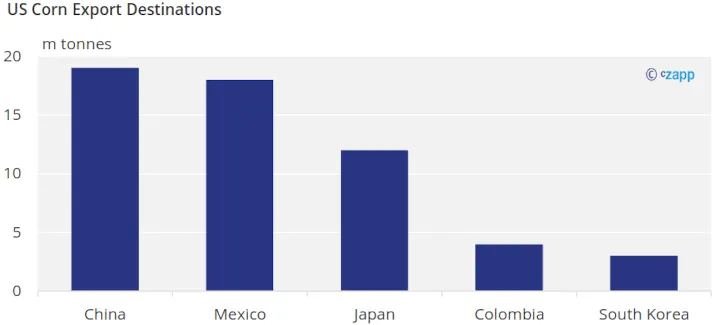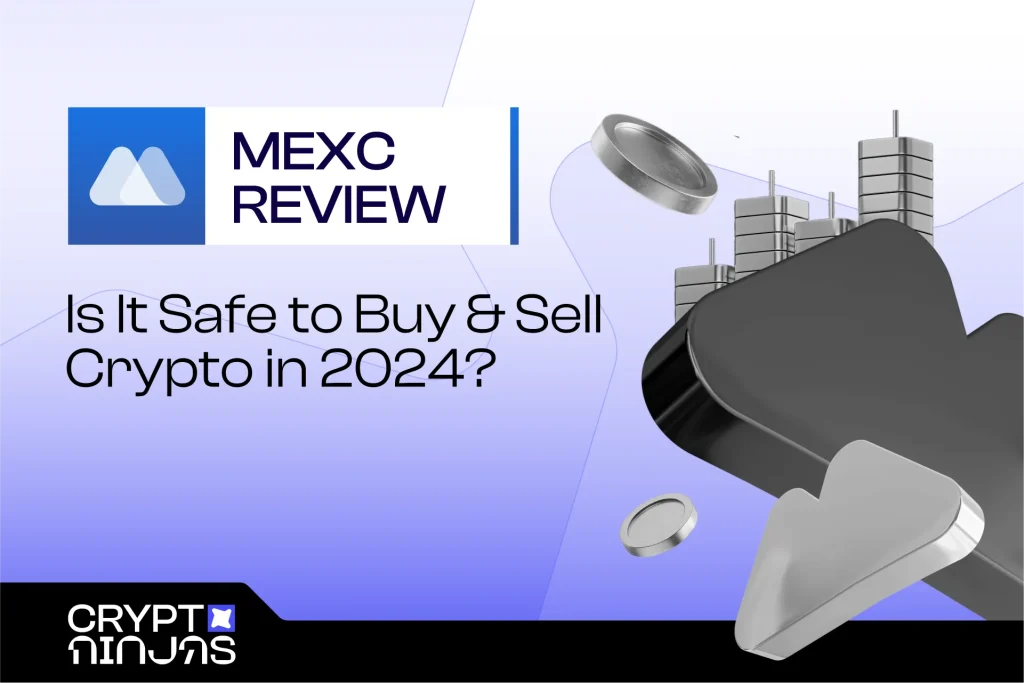In recent years, the cryptocurrency market has grown exponentially, with various platforms emerging to meet the increasing demand for digital asset trading. Among these platforms is MEXC, a well-known cryptocurrency exchange. However, despite its popularity in many regions, a pressing question remains: Why is MEXC banned in the US? This article will delve into the reasons behind the ban, its implications, and what it means for users in the United States.
What Is MEXC Exchange?

MEXC is a global cryptocurrency exchange platform offering a wide range of digital assets for trading. Established in 2018, the platform quickly gained recognition due to its user-friendly interface, robust security measures, and extensive list of supported cryptocurrencies. MEXC stands out for its high liquidity, competitive trading fees, and various trading pairs, making it a go-to platform for many crypto enthusiasts worldwide.
However, despite its global success, MEXC faces regulatory challenges in specific regions, particularly in the United States. Understanding why MEXC is banned in the US requires a closer look at the regulatory landscape governing cryptocurrency exchanges.
Understanding the US Cryptocurrency Regulations
The United States has one of the most stringent regulatory frameworks for cryptocurrency exchanges. The government agencies responsible for overseeing crypto-related activities include:
- Securities and Exchange Commission (SEC): Regulates securities transactions and ensures compliance with securities laws.
- Commodity Futures Trading Commission (CFTC): Oversees the trading of commodity futures and derivatives.
- Financial Crimes Enforcement Network (FinCEN): Monitors financial transactions to prevent money laundering and other illegal activities.
These agencies have implemented strict rules to protect investors and prevent financial crimes. Any cryptocurrency exchange operating in the US must comply with these regulations, obtain necessary licenses, and adhere to anti-money laundering (AML) and know-your-customer (KYC) policies. Failure to comply with these requirements often results in bans or restrictions, as seen in the case of MEXC.
Why Is MEXC Banned in the US?
1. Lack of Proper Licensing
One of the primary reasons why MEXC is banned in the US is the lack of proper licensing. Cryptocurrency exchanges must register with the SEC and obtain licenses from relevant state authorities to operate legally in the US. MEXC has not secured these licenses, leading to its prohibition from providing services to US residents.
2. Non-Compliance with US Regulations
The US government enforces strict AML and KYC policies to prevent illegal activities such as money laundering and terrorist financing. MEXC’s failure to fully comply with these regulatory requirements has contributed to its ban. The platform may not have the necessary systems in place to meet the stringent compliance standards expected in the US.
3. Security and Investor Protection Concerns
The SEC places a significant emphasis on investor protection. Exchanges must implement robust security measures to safeguard users’ funds and personal information. If an exchange fails to meet these security requirements, it risks being banned. There are concerns that MEXC’s security protocols may not align with US standards, further contributing to the ban.
4. Legal Ambiguity Surrounding Digital Assets
In the US, the classification of digital assets remains a gray area. Some cryptocurrencies are considered securities, while others are not. The lack of clarity regarding the classification of certain tokens traded on MEXC may have led to regulatory issues. If MEXC offers tokens considered securities without registering with the SEC, it could face legal consequences.
The Impact of the Ban on MEXC Users in the US

The ban on MEXC in the US has several implications for both the platform and its users:
1. Restricted Access for US Residents
US residents are prohibited from accessing MEXC’s services. This means they cannot trade, deposit, or withdraw funds on the platform. Users attempting to access the platform from the US may encounter restrictions or account suspensions.
2. Loss of Potential Market Share
The United States is one of the largest cryptocurrency markets globally. By being banned in the US, MEXC misses out on a significant user base and potential revenue. This ban may hinder the platform’s growth and global expansion efforts.
3. Increased Competition from Compliant Exchanges
The ban on MEXC creates opportunities for other exchanges that comply with US regulations, such as Coinbase, Kraken, and Binance US. These exchanges can fill the gap left by MEXC and attract US-based traders.
Can MEXC Overcome the Ban?

To overcome the ban, MEXC must address the regulatory concerns raised by US authorities. Here are some steps the platform could take:
- Obtain Necessary Licenses: MEXC must register with the SEC and obtain relevant state licenses to operate legally in the US.
- Enhance Compliance Measures: The platform must strengthen its AML and KYC policies to meet US standards.
- Improve Security Protocols: MEXC should implement robust security measures to protect users’ funds and data.
- Clarify Legal Position on Digital Assets: The platform should work closely with legal experts to ensure compliance with US securities laws.
Alternatives for US-Based Traders
Since MEXC is banned in the US, traders residing in the country must seek alternative platforms. Some of the most popular and compliant exchanges in the US include:
- Coinbase: A user-friendly platform known for its regulatory compliance and security measures.
- Kraken: Offers a wide range of cryptocurrencies and adheres to strict compliance standards.
- Binance US: The US-based version of Binance, designed to meet US regulatory requirements.
- Gemini: A regulated exchange with a strong focus on security and compliance.
Conclusion
The question of why is MEXC banned in the US boils down to regulatory compliance issues. The platform has not obtained the necessary licenses and has failed to meet the stringent AML and KYC requirements imposed by US authorities. While this ban poses challenges for MEXC, it also highlights the importance of adhering to regulatory frameworks in the cryptocurrency industry.
For US-based traders, there are several compliant alternatives available, ensuring they can continue to participate in the growing crypto market without legal risks. As MEXC navigates these regulatory challenges, only time will tell if the platform can successfully re-enter the US market by addressing the concerns raised by regulators.
